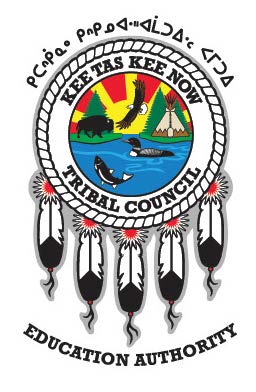Master of Education in Educational Studies
Online Cohort
The application deadline for this program has now passed.
Questions? Contact us at mesinfo@ualberta.ca.
Educational professionals at all levels can be change agents who support robust learning communities and empower a culture of informed practice. The course-based Master of Education in Educational Studies (MES) invites you to explore the challenges and opportunities associated with leading educational improvement and develop your research skills, while focusing on and integrating your area(s) of educational interest.
Note: Students who have completed a Graduate Certificate in Educational Studies (GCES) or a Graduate Certificate in School Leadership (GCSL) may be able to ladder those courses into the MES program. Click here for more information.






Icons made by Smashicons, iconixar, Freepik, Payungkead, and Sir.Vector from www.flaticon.com.
MES FAQs
MES students also have a wide range of professional educational interests: to ensure a personally relevant learning experience, students integrate their own areas of interest in educational leadership and/or school improvement into their coursework. If you choose to join us, you will enjoy a rigorous synthesis of study, discourse, educational research applications, and reflections on implications for professional practice as you build knowledge in your area of educational interest.
Educational improvement is the result of influence at every level of practice: for instance, the teacher who inventively increases student engagement is no less a leader in educational improvement than is the principal who ignites a renewed school-wide commitment to informed practice. So, whether you are already in leadership, have aspirations of formal leadership, or want to lead educational change from within the classroom, the MES is designed with educational professionals like you in mind. The MES provides you with opportunities to integrate your areas of educational interest into your coursework as you:
- explore emergent, evidence-based research findings in educational improvement
- consider the challenges and opportunities implicit in research findings
- discuss the implications for practice and future research
- plan and execute research to inform educational improvement
Yes. The program is structured to allow you to work full-time and study part-time.
The only full-time study takes place during the first three weeks of July in both the first and second year of the program. Our graduates tell us that the open discussions, deep thinking, and new insights are invigorating and worth the investment of time during the summer. There's something quite wonderful about spending three weeks with a group of people similarly interested in and committed to being educational practitioners-actively involved in the art, science, inquiry, and reflection that is professional practice.
During the fall and winter terms, you can expect about 10 hours per week of coursework, so you do need to set aside weekly study time. Our graduates tell us that the support of family, friends, and colleagues is helpful. Let your circle of people know what getting an M.Ed. means to you and let them know, specifically, how they can support you. Talk with your educational leader(s) to determine whether accommodations can be made to support your studies. Lastly, keep your instructors in the loop; if you encounter scheduling difficulties let them know sooner rather than later so that you can collaboratively determine a solution. To optimize your learning experience, we endeavour to accommodate regional K-12 schedules.
Our Partnerships
Our partnership with the Fort Vermilion School Division (FVSD) provides staff with opportunities including the MES program with a focus on literacy and numeracy as well as the Graduate Certificate in School Leadership which meets the academic requirements for LQS certification with Alberta Education. Both programs were developed to meet FVSD's identified needs.
Our partnership with the Kee Tas Kee Now Tribal Council Educational Authority (KTCEA) provided staff with the opportunity to complete the MES program in the areas of Indigenous teacher education, leadership, and school improvement. To optimize the learning experience, students in this cohort were taught primarily by Indigenous faculty, focusing on Indigenous pedagogies and research methodologies.
Our partnership with the Maple Leaf Educational Systems World School Program provides their staff with the opportunity to complete the MES program with a focus on leadership and international education. This partnership includes collaboration between the Maple Leaf staff and University of Alberta instructors and ensures that teachers are able to complete the program without leaving China as they continue to work.



